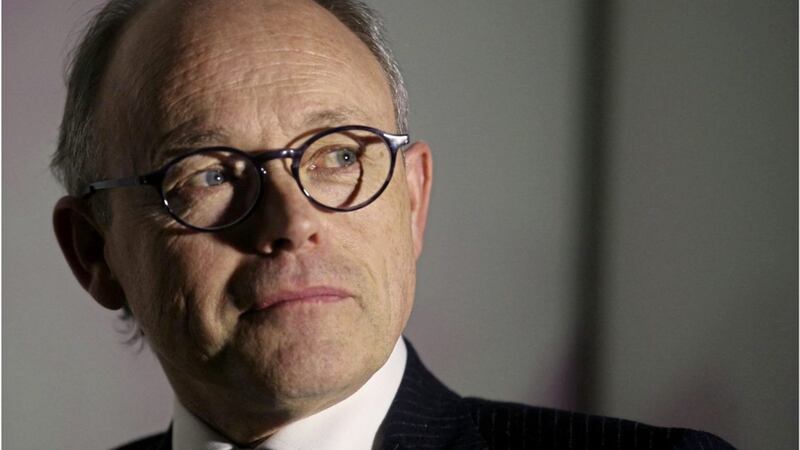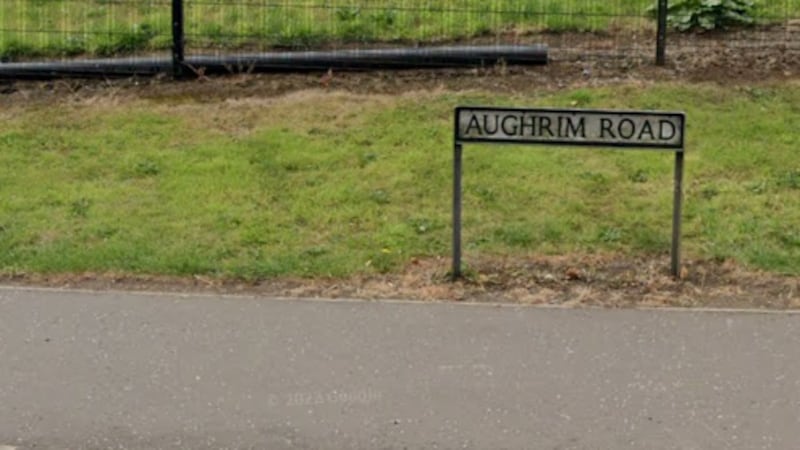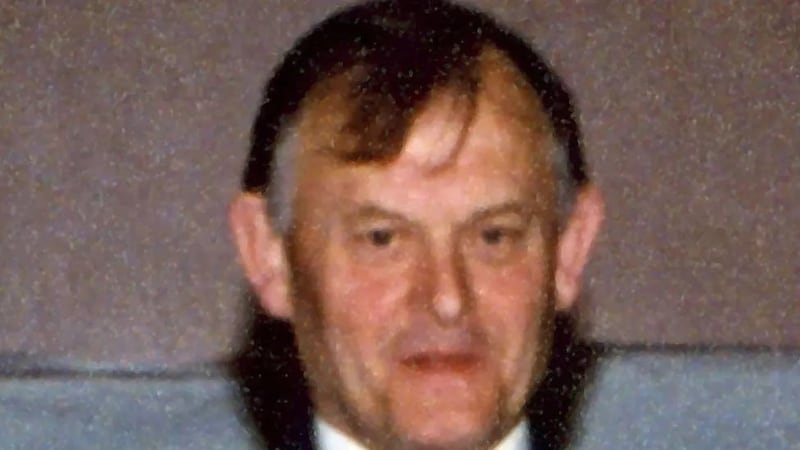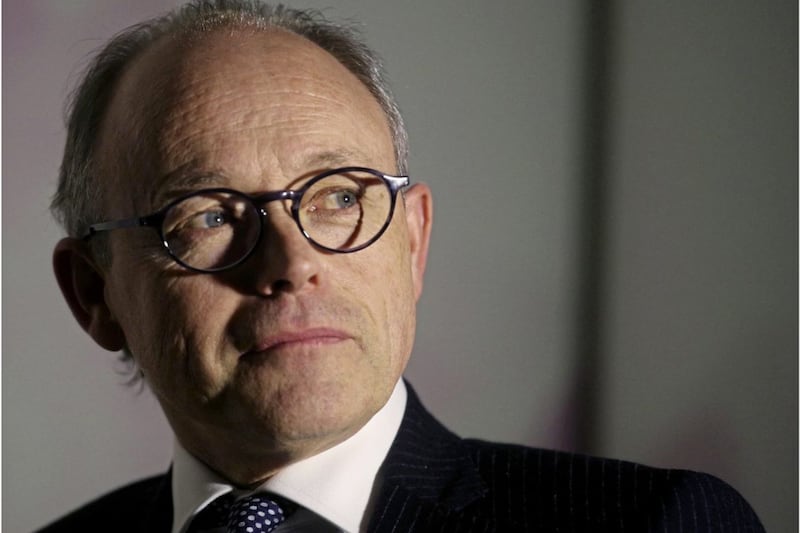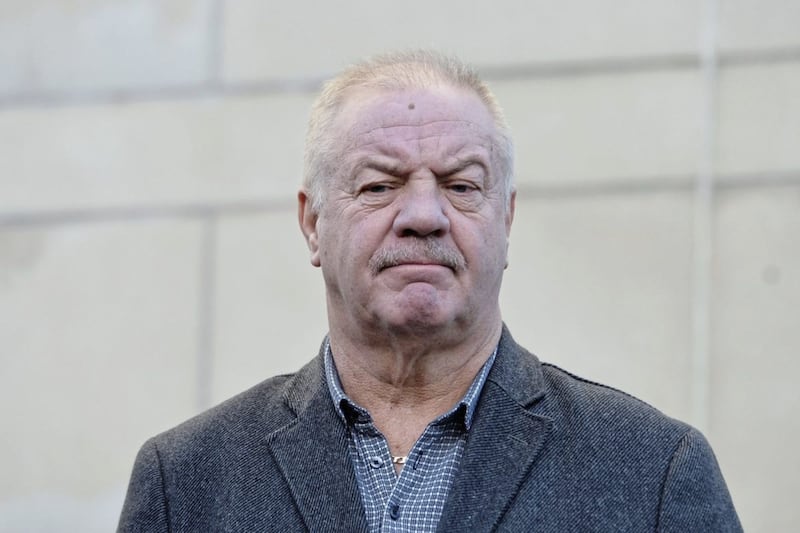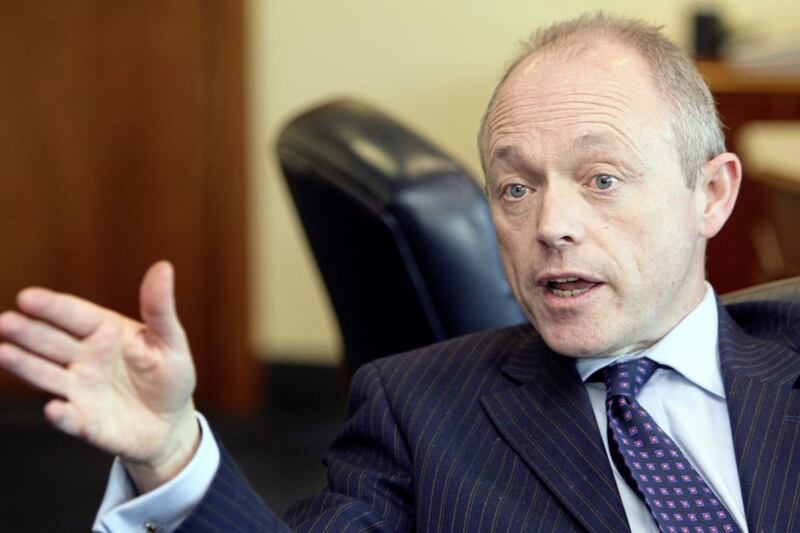The former Director of Public Prosecutions has said that mechanisms proposed to deal with the past, currently out for public consultation, will only result in "litigating the past for years to come".
Speaking to the Irish News Barra McGrory, who has returned to working in private practice since he left the senior prosecutor role at the end of last year, said the two year moratorium on sentences served by anyone convicted of Troubles killings "tarnishes the justice system".
The legacy proposals out for public consultation include plans for an Historical Investigations Unit (HIU) which would re-examining 1,700 unsolved murders, along with a truth recovery process that would rely on paramilitary groups voluntarily giving information.
Mr McGrory said the proposals " while well meaning" are unworkable in practice with prosecutions unlikely, and has called for the end to prosecutions in favour of a civil inquiry.
"The criminal process will significantly inhibit the information process and to what end?
"Very few convictions will result, people will be as unhappy as they are now, and the opportunity to have a process which makes people truly accountable will be lost.
"Any criminal justice system can only deliver one thing and that's a conviction beyond all reasonable doubt, it doesn't look behind that.
"A cynic might say that the architects of this (public consultation) know that.
"Some of these cases are 40/45 years old and my concern about that is that those who are accountable will escape accountability simply because the criminal process is very narrowly focused.
"It (legacy) was not addressed and that was a significant political failure in terms of the peace process not to have dealt with this.
"It was addressed in a very narrow way in terms of the moratorium on sentencing, the two year limit, which was designed for one purpose only and that was to empty the prisons.
"That was trade off in terms of how low can we go in order to get the prisons emptied quickly.
"It was a politically created figure.
"Now that there is enormous pressure to have criminal prosecutions, those prosecutions are deeply compromised by the existence of the two year maximum.
"It brings into question the whole issue of whether prosecutions are the way forward at all because the essence of justice is that those who have committed serious crimes are held accountable but that accountability means - if convicted - would not serve the sentence that one would expect them to serve", he said.
"That in my view tarnishes the justice system", he said.
During his tenure Mr McGrory was criticised over the decision to prosecute former soldiers with a number of conservative MPs using parliamentary privilege to attack his office.
He pointed to the practice of the RMP (Royal Military Police) investigating up to 300 state killings in the early 1970s, investigations which have since been found to be substandard.
"The problem with a lot of the state cases is that they were not properly investigated when they should have been and the PSNI legacy branch has to prioritise them", he said.
"But if you look at the stats into the number of cases that were looked at by the PPS, there was a fairly even number".
Mr McGrory said while he is not in favour of 'drawing a line in the sand' a tribunal similar to the Historic Institutional Abuse inquiry should be considered as away to deal with legacy.
"Those who have the power to do something different and show true leadership are hiding behind criminal process and are quite prepared to wait it out", Mr McGrory said.
"People will continue to avail of their right for civil redress and the problem is the civil courts are now clogged up with writs and judicial reviews and that will continue.
"In my opinion they should create an all encompassing process that takes liability down to the civil standard, removes criminal punishment and brings true accountability.
"Otherwise we are just going to end up in endless litigation", he said.
Mr McGrory added that when he accepted the senior prosecutor's job back in 2011 he didn't think his previous private practice, during which he represented among others Gerry Adams, would become such a big issue.
"You take these jobs, you're a big boy you deal with it, it wouldn't have driven me out of office, my return to private practice was something I had always intended to do.
"However, it certainly lead to me to reflect on how troubles and legacy investigations were perceived and how they were going to reflect on the role of the prosecutor in the future", he added.
